Description
Overview
The combination of ivermectin and metronidazole is used in the treatment of rosacea, a chronic inflammatory skin condition characterized by redness, flushing, and pustules. Ivermectin, an antiparasitic and anti-inflammatory agent, targets Demodex mites, which are believed to contribute to rosacea. Metronidazole, an antimicrobial and anti-inflammatory medication, further helps control inflammation and reduce bacterial overgrowth. This combination provides a dual approach to treating rosacea by addressing both inflammation and potential microbial triggers.
Mechanism of Action
- Ivermectin:
- Anti-Parasitic Action: Targets Demodex folliculorum mites, which are found in higher numbers on rosacea-prone skin and may trigger inflammation.
- Anti-Inflammatory Effects: Reduces cytokine production and inflammation, improving redness and pustules.
- Metronidazole:
- Antibacterial Properties: Reduces the presence of bacteria that may contribute to inflammation.
- Anti-Inflammatory Effects: Suppresses free radical production and inflammatory mediators, reducing redness and swelling.
Benefits and Indications
This combination is primarily used for:
- Rosacea (Papulopustular Type):
- Effective in reducing pustules, redness, and inflammation.
- Provides a steroid-free alternative for long-term management.
- Perioral Dermatitis (Off-Label Use):
- Can help reduce inflammation and pustules in this condition, which resembles rosacea.
- Demodicosis (Off-Label Use):
- Helps treat conditions linked to excessive Demodex mite infestation.
Possible Side Effects
- Skin Irritation: Redness, burning, dryness, or itching, especially during the first few weeks.
- Contact Dermatitis: Rare but possible, especially in sensitive individuals.
- Temporary Worsening of Rosacea: Some users may experience an initial flare before improvement.
- Allergic Reactions: Swelling or rash, though uncommon.
Drug Interactions
- Topical Retinoids (e.g., Tretinoin): May increase skin irritation.
- Oral Anticoagulants (e.g., Warfarin): Metronidazole may potentiate anticoagulant effects, though this is more common with oral formulations.
- Alcohol: Though more relevant to oral metronidazole, even topical use should be monitored for potential interactions.
Precautions and Considerations
- Use in Pregnancy: Metronidazole should be used cautiously in pregnancy, though topical forms are considered lower risk.
- Avoiding Irritants: Patients should use gentle skin care and avoid harsh cleansers or exfoliants.
- Sun Protection: Essential, as rosacea can worsen with sun exposure.

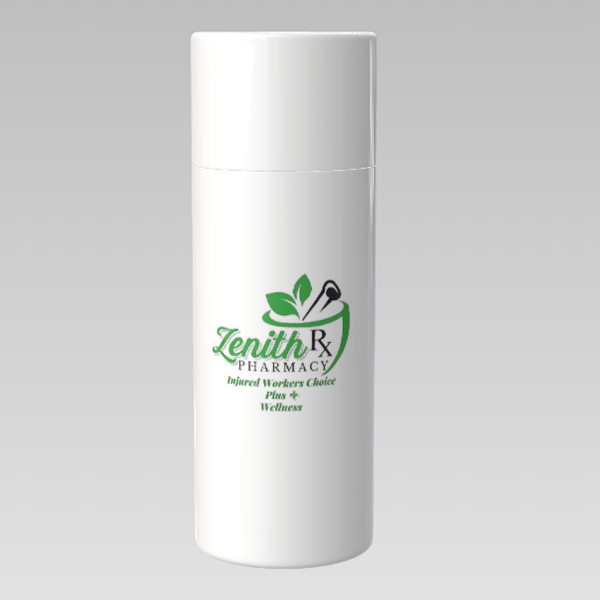
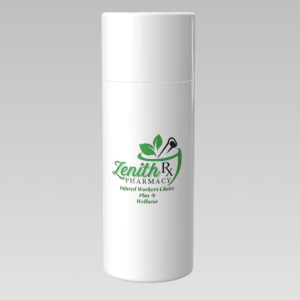
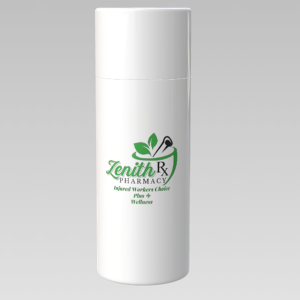
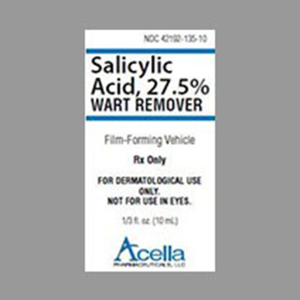
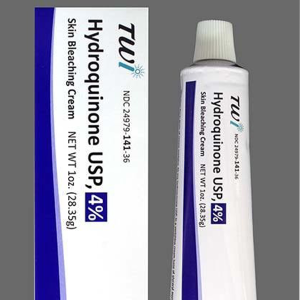
Reviews
There are no reviews yet.